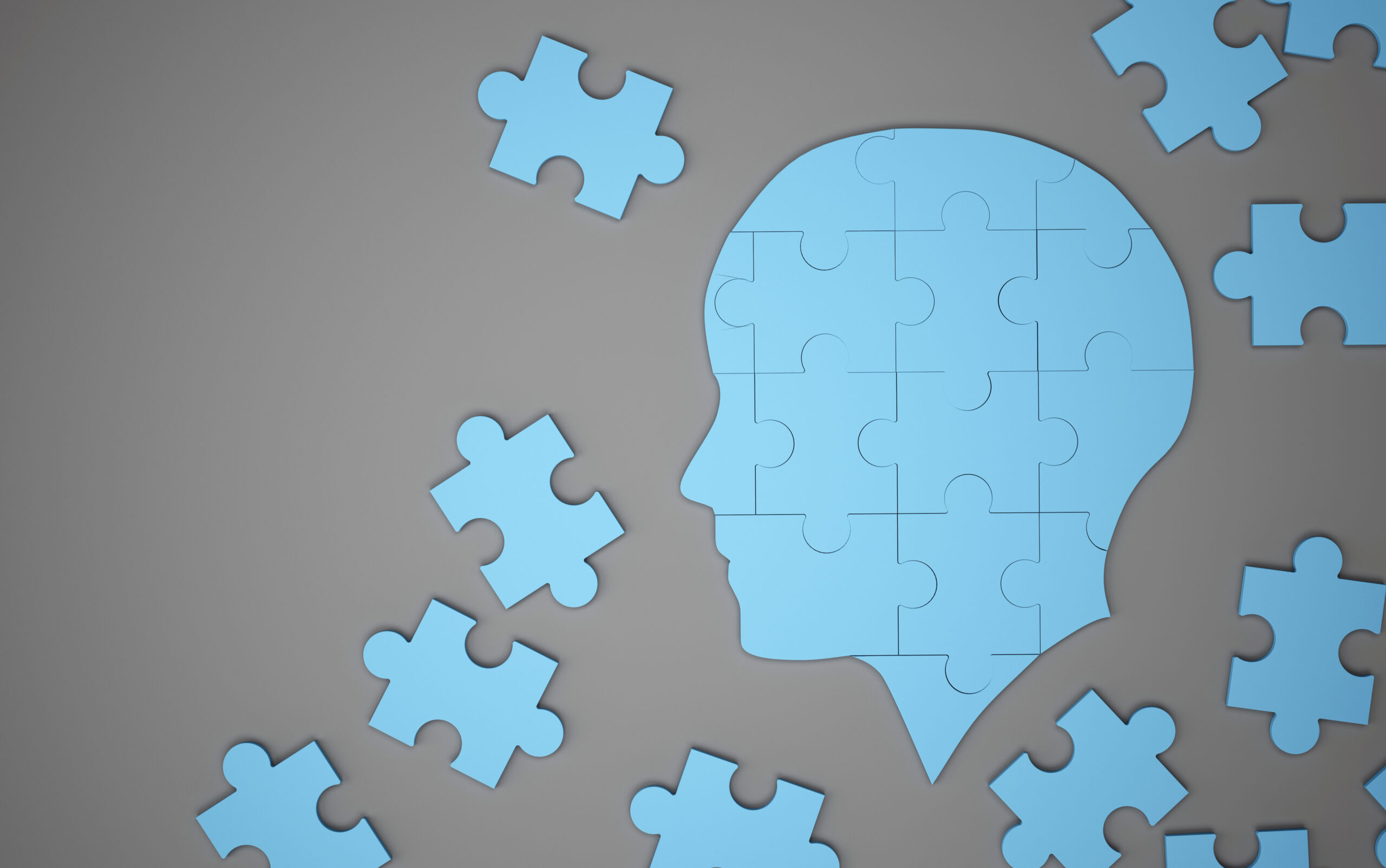What are the signs of depression in older adults
Depression in older adults is a serious issue that often goes unnoticed because its symptoms can be mistaken for normal aging. It’s crucial to recognize these signs to provide timely support and care. Here are some common indicators of depression in older adults:
1. **Persistent Feelings of Sadness or Irritability**: If an older adult feels sad or irritable for more than a week, it could be a sign of depression. These feelings might be accompanied by a sense of hopelessness or pessimism about the future.
2. **Loss of Interest in Activities**: Older adults with depression often lose interest in hobbies or activities they once enjoyed. This withdrawal can also extend to social interactions, leading to isolation.
3. **Changes in Sleep Patterns**: Depression can cause insomnia or excessive sleeping. These changes in sleep patterns can further exacerbate feelings of fatigue and low energy.
4. **Physical Symptoms**: Unexplained aches and pains, headaches, or digestive problems that don’t improve with treatment might be linked to depression. These physical complaints can be particularly confusing because they might seem like typical age-related issues.
5. **Cognitive Changes**: Difficulty concentrating, remembering details, or making decisions can be symptoms of depression. These cognitive changes can be mistaken for age-related decline, but they are significant indicators of mental health issues.
6. **Behavioral Changes**: Neglect of personal care or a marked decrease in energy levels can signal depression. Older adults might also withdraw from social activities, which can worsen their mental state.
7. **Emotional Symptoms**: Excessive worry about health or personal situations, along with feelings of guilt, worthlessness, or helplessness, are emotional signs of depression.
8. **Appetite Changes**: Overeating or loss of appetite can occur, affecting overall health and well-being.
9. **Thoughts of Suicide**: Perhaps the most alarming symptom is thoughts of suicide or suicide attempts. This is a critical indicator that requires immediate attention and support.
It’s essential to remember that depression is not a normal part of aging. If you or someone you know is experiencing these symptoms, seeking professional help is crucial. Depression in older adults can be effectively managed with the right treatment, including therapy, medication, and lifestyle changes.





